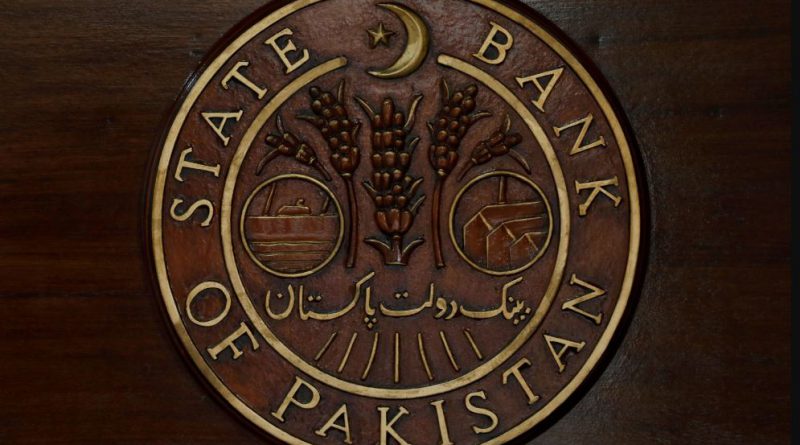Pakistan central bank raises main interest rate by 100 bps to 22%
Karachi (Reuters) – Pakistan’s central bank raised its benchmark interest rate by 100 basis points to 22% at an emergency meeting on Monday, a day after the country revised its budget for the fiscal year from July 1 in a bid to rescue an IMF programme that expires in days.
Analysts said Monday’s decision was in line with the demands of the International Monetary Fund to secure a stalled tranche of $1.1 billion from the current bailout package, which expires on June 30.
The central bank has now raised its main rate by 12.25 percentage points since April 2022, mainly to curb soaring inflation.
“The MPC views this action as necessary to keep real interest rate firmly in positive territory on a forward-looking basis,” the central bank said in a statement.
On June 12 the central bank had left its key rate unchanged.
Fahad Rauf, head of research at Ismail Iqbal Securities, a Karachi-based brokerage firm, said the move appeared to be focused on securing the IMF’s support for the country.
“This seems to be another IMF condition. Higher rates would increase debt servicing burden on both government and private sector, but if this leads to IMF program, the positives would outweigh the negative implications, considering fragile macroeconomic conditions,” he said.
The bank said its monetary policy committee had noted “two important domestic developments since the last meeting that have slightly deteriorated inflation outlook and which could potentially increase pressure on the already stressed external account.”
These developments were certain upward revisions in taxes, duties and the petroleum levy rate in the recently approved budget for fiscal 2023-24, and the central bank withdrawing on June 23 its general guidance for commercial banks on prioritisation of imports.
“While the MPC views these measures as necessary in the context of completion of the ongoing IMF programme, they have increased the upside risks to the inflation outlook,” the bank said.
The committee sees additional taxes as contributing directly and indirectly to inflation, while the lifting of its guidance on imports may exert pressures in the foreign exchange market resulting in “higher-than-earlier anticipated exchange rate pass-through to domestic prices”.
The KSE100 index on the Pakistan Stock Exchange closed up 3.42% on expectations of a deal begin reached with the IMF.



